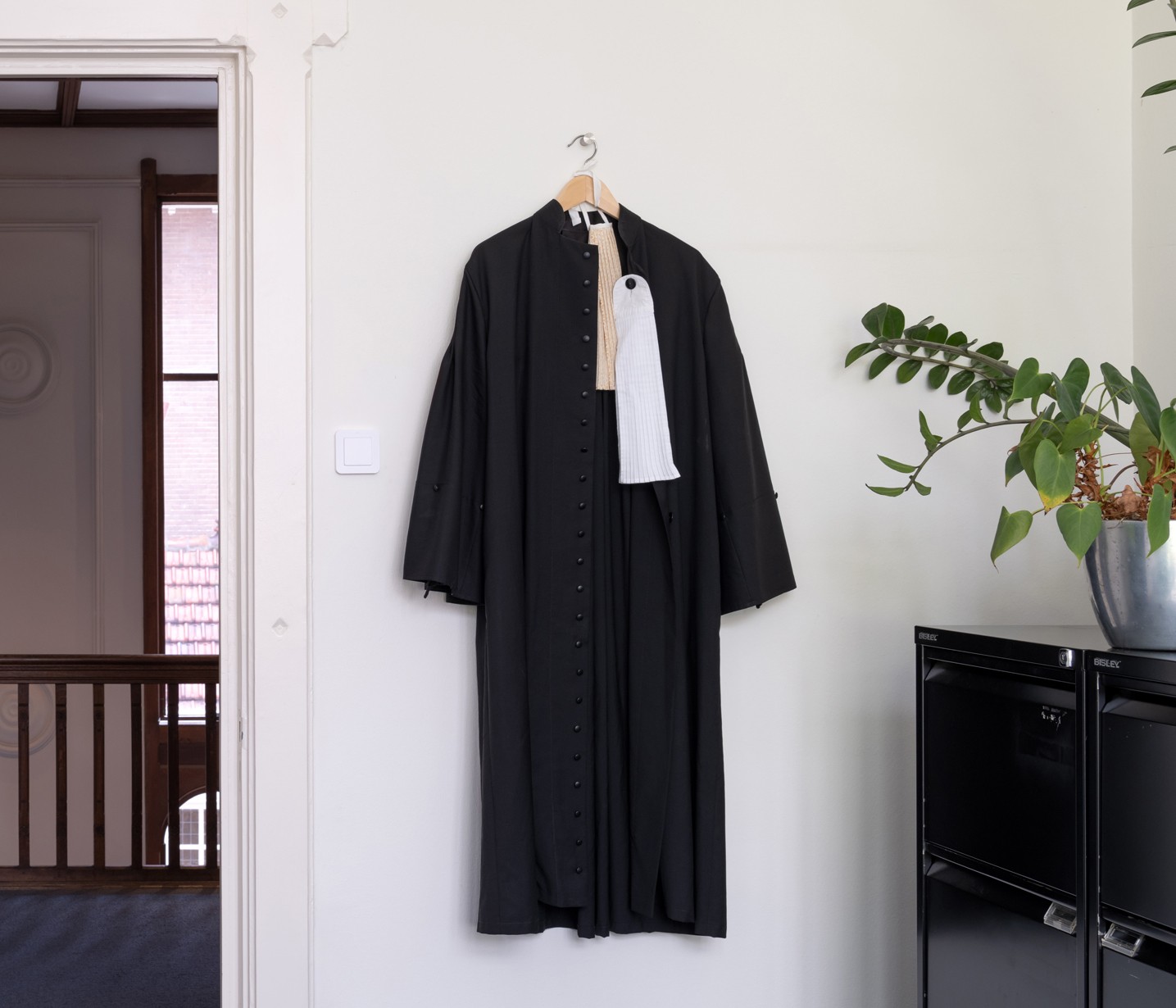Exemption for gift taxes
Anyone in the Netherlands, can give someone a gift of € 100,000 free of tax (this amount has been indexed annually since the existence of the scheme.). One of the conditions for this tax-free gift is that the receiver uses the money for the receiver’s own house; to buy one, to renovate one, or to pay off a portion of the mortgage of a house.
It goes without saying that €100,000 is not a fixed amount; the gift may be a smaller amount. There need be no family relationship between the giver and the receiver. The exemption may only be used once between the same giver and the same receiver.
Own home
The condition that the gift be used for the ‘own home’ has given rise to a number of questions. It has since become clear that the home must be where the receiver actually resides. Also, it must be subject to Dutch income tax in box 1. The tax authorities can ask for proof that the gift has actually been spent on the home and has been used.
This one-time exemption not only applies to the own home in the Netherlands, it can also be used for one’s home when one is living abroad. The tax authorities must be able to verify that the home for which the gift has been used indeed is the principal place of residence.
Earlier gifts to a child
If a parent already gave an exempted gift to a child in the past, thereby making use of the one-time exemption for children between the ages of 18 and 40, this will be deducted from the amount over which this exemption is granted.
Putting it in writing
The gift does not have to be put in writing in an official document, however it may be advisable to do so.
It may be a good idea when the giver wishes to include an exclusion clause, ensuring that the gift remains with the intended receiver. This way it can be avoided that, in the case of a divorce, the receiver’s partner would acquire the right to half of the gift. When giving a gift to a child, in some cases the giver may wish to stipulate that the received amount is settled with the inheritance later on.
Putting everything in writing will help avoid problems and questions in the future.
Advice
Taking into account the complexity of this regulation and the many exceptions that apply, you are strongly advised to seek advice from a civil law notary on its applicability to your specific situation.
This post was reviewed and updated on 25 September 2020


